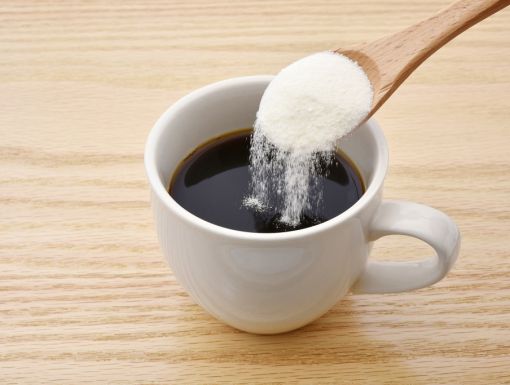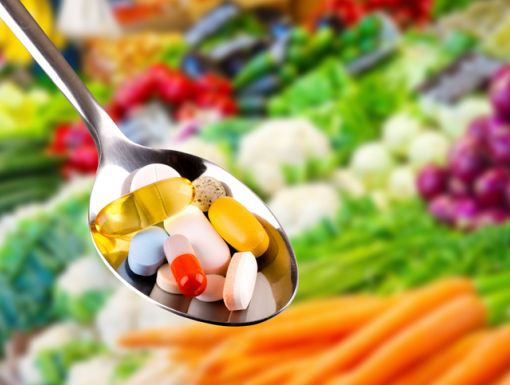
What to Know About Over-the-Counter Herbal Supplements
The use of over-the-counter herbal supplements continues to increase, with the average adult taking one or more herbal supplements to treat a medical condition. But taking these dietary supplements, which are often labeled as “all-natural” and generally thought of as safe, can actually be quite risky.
Herbal supplements are not subject to review by the FDA. Therefore, consumers need to understand that even though the label may say "natural," these products are not always safe. Furthermore, there is the potential for these agents to interact with prescription medications, which can not only enhance the side effects of the drug but also block its intended effects.
What Are the Side Effects of Herbal Supplements?
Some of the most common herbal supplements associated with potential drug interactions are garlic, valerian, kava, ginkgo, ginseng, and St. John's wort.
- Garlic, ginkgo, ginseng and St. John's wort may increase the international normalized ratio (INR) in individuals taking warfarin, thus increasing the incidence of bleeding.
- Ginkgo may reduce the effectiveness of medications used to treat seizures.
- Ginseng may intensify the effects of medications used to treat diabetes, thus increasing incidence of hypoglycemia.
- St. John's wort may also cause breakthrough bleeding and decrease the effectiveness of oral contraceptives.
- Kava may reduce the effectiveness of levodopa.
- Garlic supplements may intensify the effects of some medications used to treat hypertension.
If you do use herbal supplements, always use ones from reputable manufacturers and adhere to the patient instructions provided. Also, inform your physician if you are using herbal supplements. Should you experience any adverse effects while taking them, report them immediately.



